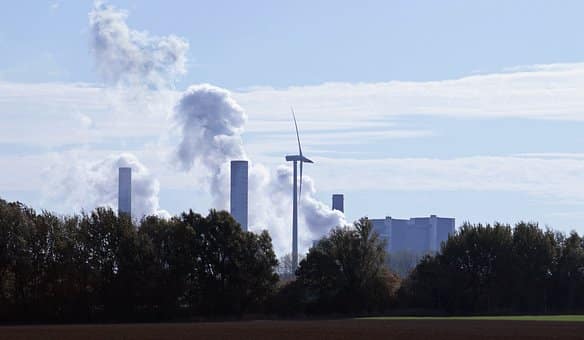President Biden’s Budget Requests $51 Billion for Energy Department Initiatives

President Joe Biden’s budget proposal for fiscal year 2025 includes $51 billion in discretionary funds for the U.S. Energy Department, a 7.5 percent increase from the 2023 level. The proposal reinforces the administration’s commitment to tackle climate, energy, environmental, and nuclear security challenges. With a focus on combating climate change and promoting economic growth, the budget allocates significant resources towards clean energy research, workforce development, and infrastructure projects, aiming to accelerate the transition to a low-carbon economy and achieve net-zero emissions by 2050. Simultaneously, substantial funding is earmarked for bolstering nuclear security capabilities, including modernizing deterrents and enhancing nuclear material security. Through these targeted investments, the Biden-Harris Administration aims to address pressing environmental challenges while safeguarding national security interests in an evolving global landscape.
Key highlights of the proposed budget include,
- Clean Energy Investment: $1.6 billion for workforce and infrastructure projects targeting low-income homes and domestic clean energy supply chains.
- Community Benefits: $385 million for weatherization assistance and $70 million for energy security and affordability.
- Clean Energy Innovation: $8.5 billion to support research in offshore wind, sustainable aviation fuel, and grid infrastructure.
- Research and Infrastructure: $8.6 billion for cutting-edge research in areas like artificial intelligence and nuclear fusion.
- Nuclear Security: Historic $25 billion investment to modernize nuclear deterrents and counter Weapons of Mass Destruction threats.
- Overall Impact: The budget underscores a commitment to advancing clean energy, enhancing national security, and fostering innovation.
The proposed budget aims to increase taxes on corporations and the wealthy while funding social programs, in response to previous tax cuts. It includes provisions for childcare, housing, and paid family leave, along with efforts to combat climate change and reduce healthcare costs. The budget promises $3 trillion in savings over the next 10 years. Proposals to lower the deficit are in contrast to Congressional Republicans’ plans for “tax giveaways skewed to wealthy and big corporations,” according to a White House fact sheet.
EnerKnol Pulses like this one are powered by the EnerKnol Platform—the first comprehensive database for real-time energy policy tracking. Sign up for a free trial below for access to key regulatory data and deep industry insights across the energy spectrum.
ACCESS FREE TRIAL